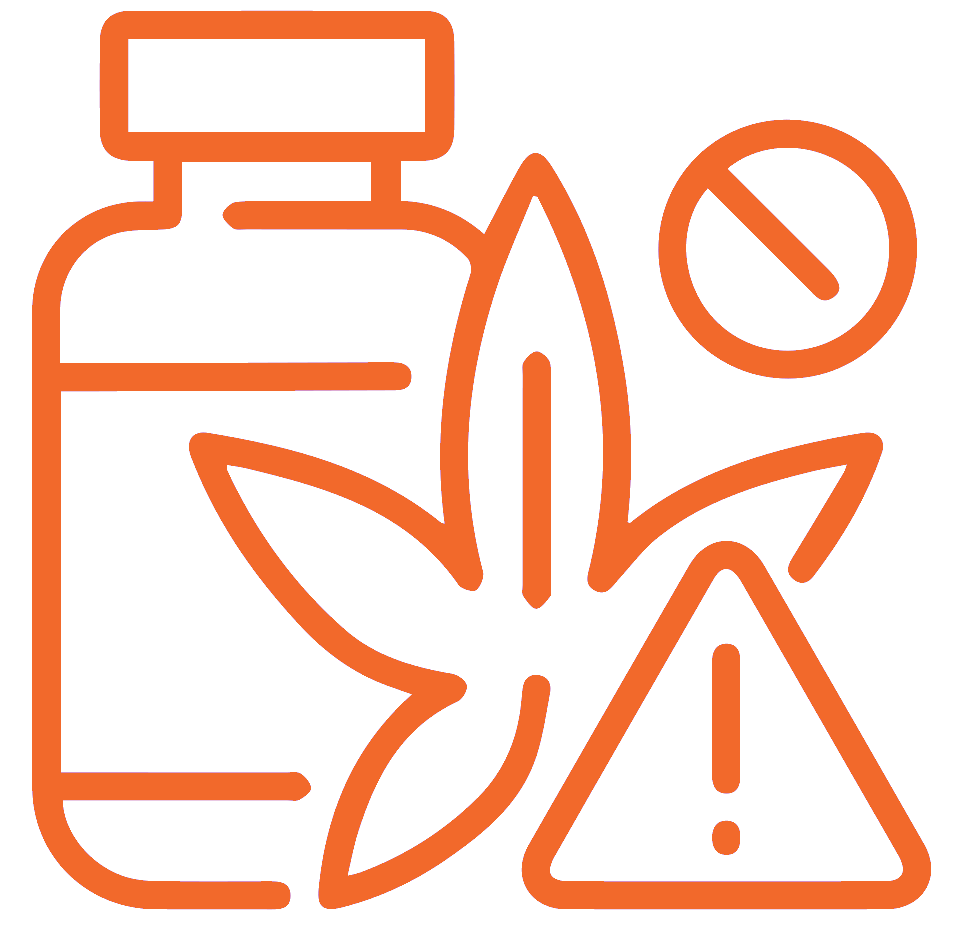Key messages
Global

Substance use is a global health challenge that affects us all. It impacts our security, safety, and the development of our communities. We need to work together to address it.
Substance use disorders increase the risk of other health problems, including HIV, hepatitis, and heart disease. We need to prioritize prevention and treatment.
Millions of people around the world struggle with substance use disorders. They deserve our compassion and support, not stigma and punishment.
We need to ensure that everyone who needs treatment for a substance use disorder can access it, regardless of their background or circumstances.
Too many people who need help for substance use disorders are not getting it. We need to make treatment more accessible and close the treatment gap.
Everyone has a role to play in addressing substance use. From governments to communities and individuals, we can all contribute to creating healthier societies.
Regional
Opioid use is the most prevalent form of substance use in our Region. We need to focus our efforts on addressing this.
Only 1 in 13 people with substance use disorders in our Region receive treatment. This is unacceptable. We need to drastically improve access to care.
Substance use is on the rise in our Region. We need to act now to prevent further harm and protect our communities.
We need to strengthen our health systems to better address substance use. This includes investing in prevention, treatment, and harm reduction programmes.
Stigma prevents people from seeking help for substance use disorders. We need to create an environment where people feel comfortable asking for help.
Creating a more supportive environment for people who use drugs means reducing stigma and promoting recovery.
Key actions
Governments
Develop and implement national substance use strategies that prioritize prevention, treatment, and harm reduction.
Invest in training and capacity building so health care professionals can provide evidence-based care for substance use disorders.
Reform laws and policies to decriminalize substance use and promote a public health approach.
Support research and data collection to better understand and address substance use in countries.
Health care providers
Treat all patients with compassion and respect, regardless of their substance use history.
Screen for substance use disorders and provide interventions and referrals to specialized care as needed.
Educate patients and their families about substance use disorders and available treatment options.
Advocate for policies that support access to evidence-based care for substance use disorders.
Raise awareness about substance use disorders and the impact of stigma.
Provide support and advocacy for people with substance use disorders and their families.
Advocate for policies that promote harm reduction and decriminalization.
Develop and implement community-based programmes for prevention, treatment, and recovery support.
Media
Report on substance use disorders responsibly and avoid perpetuating harmful stereotypes.
Share stories of recovery and hope to challenge stigma and promote help-seeking behaviour.
Provide accurate information about substance use disorders and available treatment options.
Work with experts and people with lived experience to ensure accurate and balanced reporting.
Individuals
Educate yourself about substance use disorders and challenge your own biases.
Treat people with substance use disorders with compassion and respect.
Support friends and family members who may be struggling with substance use.
Speak out against stigma and discrimination.


